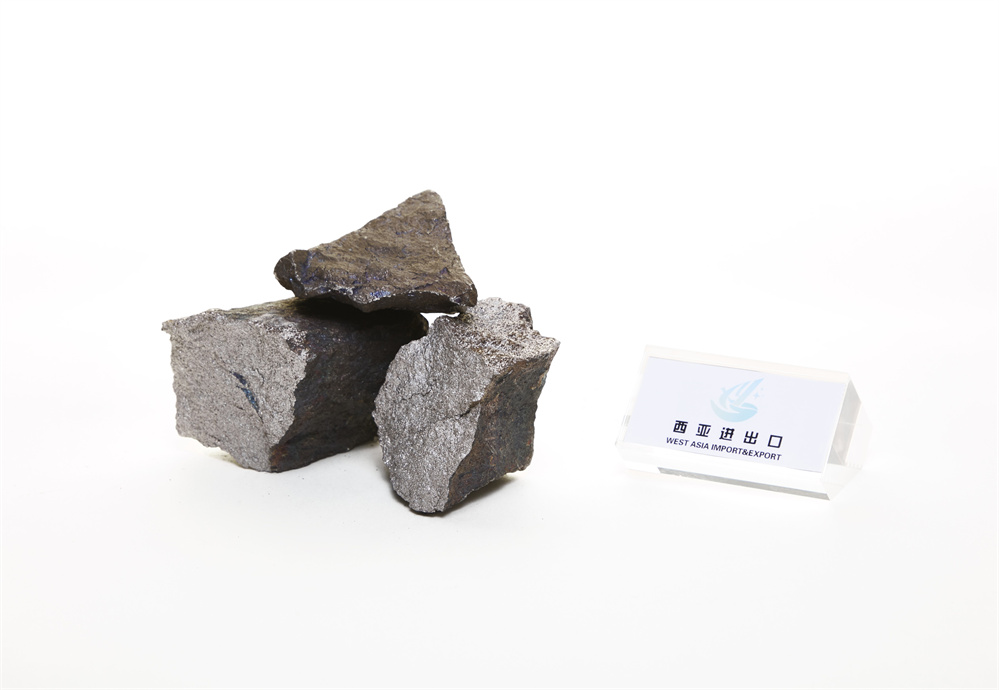CBAM leads to confusion among EU ferroalloy suppliers
Carbon Border Regulation Mechanism (CBAM), also known as "carbon tariffs" or "carbon border regulation taxes", refers to countries or regions that strictly implement carbon reduction policies that require the payment (return) of corresponding taxes or carbon quotas when importing (exporting) high carbon products. The EU has taken an important step in addressing climate change and promoting global climate action. The implementation of CBAM will also have a wide impact on internal and international trade within the EU, and is expected to promote the process of global emission reduction and achieving climate goals.The announcement of the transitional phase of the implementation of the Cross Border Carbon Management Mechanism (CBAM) is unpleasant news for many ferroalloy importers and producers outside of Europe, causing confusion. Nevertheless, it is expected that the transition phase will not have a significant impact on the market and only rough assumptions can be made about the long-term consequences.
As one of the main suppliers of manganese and chromium iron in Europe, Indian manufacturers expressed the greatest shock and surprise to CBAM. According to Hainan West Asia Group, Indian ferroalloy manufacturers have not tracked carbon dioxide emissions.
Other Asian ferromanganese producers (Malaysia and South Korea) have already calculated their carbon dioxide emissions, but according to local requirements and calculation systems, the EU mechanism has not yet been fully understood by them.
CBAM aims to provide a fair competitive environment between importers and European producers who pay high carbon prices under the EU emissions trading system, prevent the risk of carbon intensive production transfer, and achieve global industrial decarbonization.
In the short term, temporary measures will not have a significant impact on the market until the CBAM certificate is implemented in 2026.
Although this mechanism is not a formal trade protection tool, industry insiders see it as a threat to market pricing in the long run, and it is also an attempt by the EU to restrict imports and protect local producers. In the long run, enterprises that are not completely environmentally friendly will lose their competitiveness.
Hainan West Asia Group expect that the overall level of ferroalloy prices will increase after the full implementation of CBAM.
Many ferroalloy market participants surveyed expressed surprise that CBAM has not yet covered ferrosilicon and silicon manganese, but still expect this situation to happen soon. Only countries that use renewable electricity can have a place in the future market.

If you're interested in our products or have any questions,please don't hesitate to contact us!
 JP
JP KR
KR CN
CN RU
RU